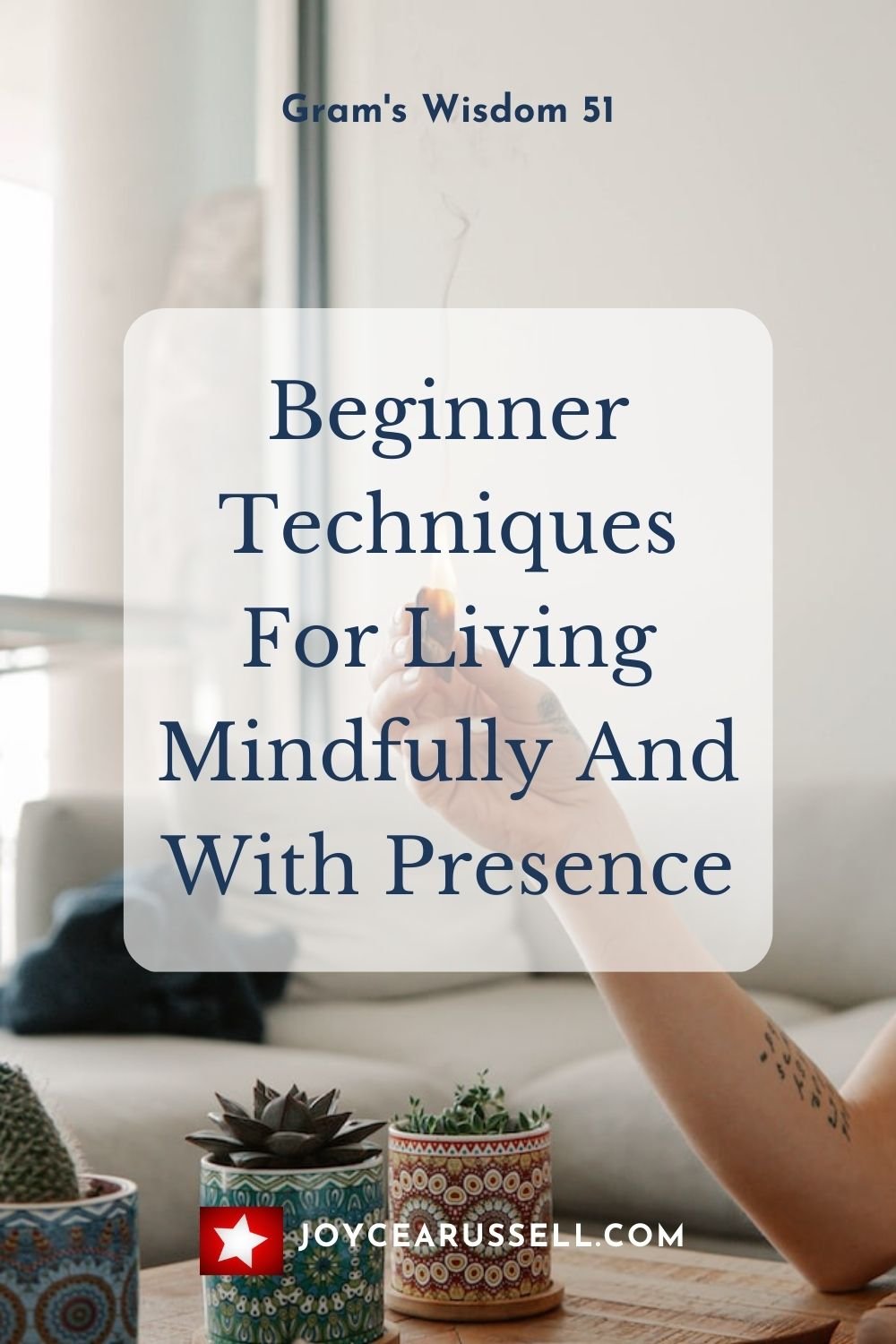Daily life is full of struggles, and it’s easy to fall into the trap of only thinking about yourself. Consequently, it can be difficult to know how to support your friends. And frankly, there is no one way for you to support all your friends. However, empathizing with and supporting a friend in their time of need is crucial to a healthy relationship. The support you should show to your friends will vary widely on their personality and their unique situation.
Having good friends is one of the most important things in life. After all, friends are the people who will be there for you when you need them, and who will help you celebrate your successes. But being a good friend isn’t always easy. It can be difficult to be objective about a friend’s problems and it takes work to maintain a strong friendship. But supporting them through tough times strengthens your friendship and creates a more meaningful connection.
Here are a few ways to be a better and more supportive friend.
Make time for them.
As humans grow and change, they tend to have less and less time for their friends. This is why, one of the most important things you can do for your friends is to make time for them. Be there for them when they need you, and simply be present When you make time for your friends, you are showing them that you care about them and that you want to support them.
It can be difficult to make time for your friends when you have a lot going on in your own life. This doesn’t mean you must clear your calendar. Instead, you can invite friends along to certain activities or cancel that one thing you don’t need to do so you and a friend can grab a coffee after work.
Your friends are there for you when you need them, so you must support them in return. If you are feeling overwhelmed, reach out to your friends. Let them know what is happening in your life and how they can help you. They will appreciate knowing that you trust them enough to confide in them.
Be a better listener.
You’ve heard it time and time again: if you want to be a more supportive friend, one of the best things you can do is to be a better listener. It can be easy to want to offer advice or jump in with your opinion when your friends are sharing something. But listening is truly the best way to support anyone who may be in your life. Hearing what your friend is saying - and not just waiting for your turn to speak - can make them feel heard and understood.
Humans need to let go of their emotions through communication. Sometimes, the ability to share what’s going on without being judged can be an enormous relief. And sometimes, your listening is enough to make the person who is venting feel supported in their endeavors. It also shows that you value their thoughts and experiences.
If you’re unsure how to be a better listener, here are a few things you can try:
Make eye contact and focus on the person who is talking.
Put away distractions like your phone or the TV.
Try to resist the urge to interrupt or interject.
Ask questions to show you’re interested and engaged in the conversation.
Repeat what your friend has said to show you’ve understood them.
Avoid advising unless your friend asks for it.
Just be present and let your friend know you support them.
Cheer your friends up or cheer them on.
Whatever your friends may be pursuing, if they confide in you that they need your help, now is the time for you to step up. You can cheer them up or cheer them on. Sometimes your friends feel disappointed with the lack of forward momentum in a goal. You could cheer them up by reminding them of how far they have come.
Maybe they are tired and don’t want to go to the gym today. Here is your chance to take a practical approach to cheer them on. You could encourage them by offering to go with them, so they don’t miss a session or help remind them of the goal they made. And afterward, you may be surprised at how far a simple “good job” can go!
So, try to be upbeat around your friends. This may help them to see the good in their situation and feel more hopeful.
Celebrate your friends’ achievements.
Your friends will have good days and bad days. As important as it is to be there for them when they're feeling down, it's just as important to celebrate their achievements with them. And if they conquer a big goal, you should try and offer to celebrate with them! After all, true friends are ecstatic when their friends mark big steps in life!
Here are four ways you can show your support for your friends' accomplishments.
Firstly, take an interest in what they're doing. If they're excited about something, ask them about it. Showing a genuine interest in their lives will make them feel appreciated and valued.
Secondly, congratulate them graciously. A heartfelt "well done" can mean a lot, especially when it's coming from a friend.
Thirdly, offer your help. If they've achieved something big, they might need a hand getting everything sorted out. Let them know you're there for them.
Finally, just enjoy their company. Sometimes, the best way to show you care is to simply spend time with them. Whether you're celebrating their success or simply enjoying a cup of coffee together, quality time is always appreciated.
Offer your shoulder in tough times.
A | There's nothing like having a best friend - someone you can share your deepest secrets with, laugh with until you cry, and rely on during tough times. If you want to be the friend they can count on, here are a few things you can do:
B | Make them laugh: Sometimes, the best medicine is laughter. If your friend is feeling down, make them laugh with your silly jokes or funny stories.
C | Accept them for who they are: Your friend is going to have good days and bad days. Accept them for who they are and love them no matter what.
D | Help them out if you are able: If your friend is dealing with a practical problem, do what you can to help them out. For example, if they are having car trouble, see if you can help them fix it, give them a ride, or run errands for them.
E | Offer advice only if asked: If your friend comes to you for advice, try to be helpful. Be honest with them, in any friendship, honesty is key. Offer them your honest opinion and help them brainstorm solutions to their problem.
F | Help them find help: If your friends are struggling, encourage them to get help. This could be from a professional, such as a therapist, or a support group. Sometimes just talking to someone who understands can make a huge difference.
G | If you want to be a good friend, one of the best things you can do is be a shoulder to cry on. This means being there for your friend when they need to vent and offering a comforting ear and shoulder to cry on. It can be difficult to see a friend in pain, but being there for them can make all the difference. Just be sure to respect your friend’s wishes and you’ll be giving them the best support possible.
By following these tips, you can be the friend they can always count on- no matter what.
My final thoughts are.
Being more supportive of your friends is a great way to show them you care. It can make a big difference in their lives, and it can also make yours more fulfilling. So next time your friend is struggling, offer to lend an ear and just be there for them. Let them know how much you appreciate them and show them how much they mean to you.
I hope you enjoyed this post, and thank you for reading it.
For more information, check out these posts.

























